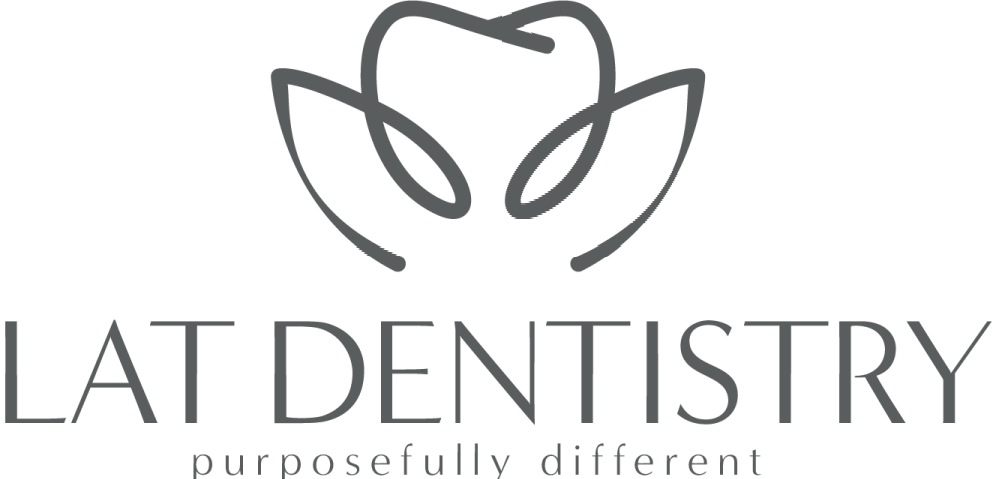Sinus Congestion
Tips to improve sinus problems especially during heavy allergy seasons
It’s important to maintain clear sinuses year-round to promote proper nasal breathing. As we’ve discussed before, nasal breathing is vital to maintain overall health and feeling well.
Allergy season can be an especially challenging time for people who suffer from sinus issues. Blocked sinuses can cause headaches, facial pain, tooth pain and make it difficult to breathe. Afterall, no one prefers a snoring spouse or cranky, sleep deprived baby!
Fortunately, there are several ways to keep your sinuses clear year-round and during heavy allergy seasons.
Keep the air clean
Use an air purifier to remove allergens from the air. You can also clean your home regularly to remove any dust or allergens.
Change air filters every 6 months at least. Consider the options of using PECO vs HEPA air filters, and consider Molekule vs. IQAir, Austin Air, Rabbit Air, etc. depending on your needs and budget.
Remove carpets and rugs, clean curtains regularly and declutter the home to prevent dust accumulation.
Stay hydrated
Drinking plenty of fluids is essential for keeping your sinuses clear. Water is the best choice, but you can also drink herbal teas or clear broths. Avoid caffeine and alcohol as they can dehydrate you. Drink plain water after teas to balance acidity in the mouth and avoid cavities!
Use a saline rinse
A saline rinse can help clear out your sinuses and reduce inflammation. You can use a neti pot or a saline nasal spray. Be sure to follow the instructions carefully to avoid any adverse effects.
Saline + Xylitol nasal sprays (Xlear, XYnase, etc) clear nasal debris, keep sinuses hydrated, reduce inflammation, improve ciliary function, and block attachment of viruses and bacteria. They can also be used long term without complications such as many steroid based OTC medications.
Steam inhalation and humidity
Inhaling steam can help loosen mucus in your sinuses and reduce inflammation. You can do this by taking a hot shower or using a facial steamer. Adding essential oils like eucalyptus or peppermint can enhance the benefits of steam inhalation.
Air humidity should be between 30-50%. If the humidity is low, consider using an ultrasonic humidifier .
Nasal irrigation and aspiration
Nasal irrigation involves using a saline solution to flush out your sinuses. You can use a bulb syringe or a nasal irrigator for this. Nasal irrigation can be very effective, but be sure to follow the instructions carefully and use sterile water.
Try products such as Occobaby baby nasal aspirator, Neilmed naspira drops for babies and kids, ClearUP vibration device along cheeks / nose / brows, or a Nosefrieda. Consider other options such as nasal strips, nasal vents and mouth tape.
Avoid allergens
Stay indoors when pollen counts are high, and wear a mask when you go outside.
Keep your windows closed, and use an air conditioner to keep your home cool.
Change bedsheets weekly and consider hypoallergenic mattress and pillow covers.
Avoid tobacco smoke, pet dander, and pro-inflammatory foods such as gluten / dairy / carbs / highly processed foods.
Over-the-counter medications
Over-the-counter medications like antihistamines, decongestants, and nasal corticosteroids can help reduce inflammation and relieve congestion temporarily, but are not a long term solution. Be sure to talk to your doctor before taking any new medication, especially if you have other health conditions.
Consider limited use of Flonase and/or over the counter allergy medications such as Zyrtec, Allegra, or Claritin.
If all of these options fail to improve sinus congestion and nasal breathing, consider seeing an ENT physician in case other structural problems exist such as a deviated septum, enlarged nasal turbinates, or enlarged tonsils and adenoids. Also consider a visit to your airway trained dentist for an evaluation of tongue space, tongue tone and tongue mobility. After all, the tongue is the “on/off switch” for nasal breathing!
“The tongue is the on/off switch for nasal breathing”


